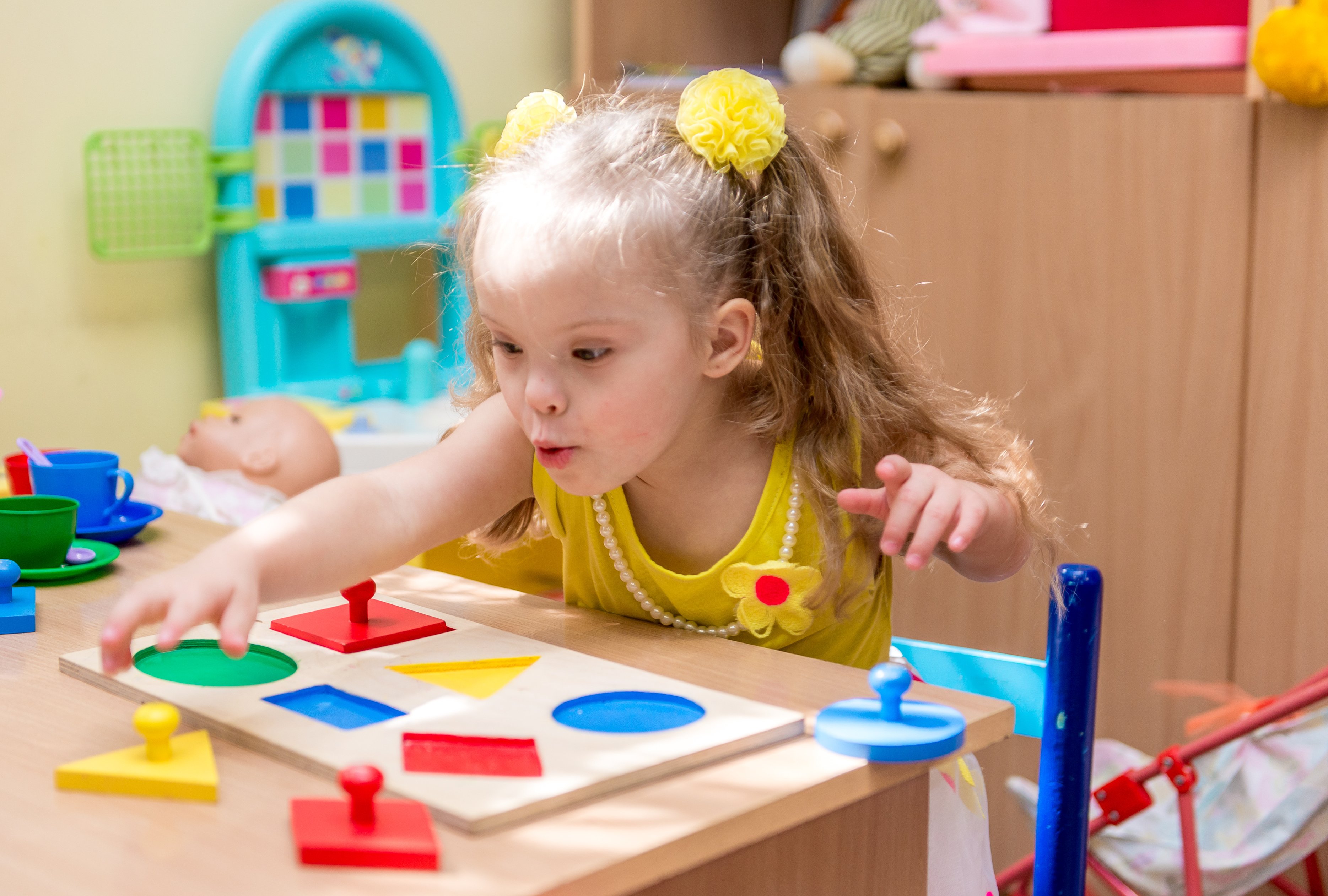Comprehensive Overview to Daycare for Infants Near Me: What to Seek
Comprehensive Overview to Daycare for Infants Near Me: What to Seek
Blog Article
Comprehending the Significance of Day Care for Your Young child's Social Advancement and Discovering Knowledge With Engaging Tasks
The value of childcare in forming a kid's social development and learning can not be overstated, as it provides an organized atmosphere loaded with interesting tasks that are pivotal for early growth. As we explore the complex advantages of day care, one need to take into consideration how these fundamental experiences affect a kid's future social interactions and total growth.

Advantages of Social Communication
Social communication plays a critical function in the developing trajectory of young children, acting as a foundation for important social skills. Involving with peers allows toddlers to practice communication, find out to reveal their emotions, and establish compassion. Via shared play and teamwork, they begin to comprehend social standards, such as taking turns and sharing, which are crucial components of effective interpersonal connections.
In addition, social communications add to cognitive development. As young children connect with their peers, they boost their language abilities, increase their vocabulary, and improve their capability to express thoughts and feelings. This exchange of ideas cultivates essential thinking, as children discover to negotiate, fix troubles, and browse conflicts.
Furthermore, social communication promotes emotional regulation. Direct exposure to different social scenarios aids young children acknowledge and manage their emotions, inevitably resulting in higher durability and adaptability. The ability to form attachments and friendships likewise enhances their feeling of belonging and self-confidence, which are important for general health.
Relevance of Engaging Activities
Involving tasks are essential for fostering a revitalizing atmosphere that boosts young children' social development. These activities not only captivate young children's interest yet also promote energetic participation, allowing them to explore their surroundings creatively. Through play-based discovering, toddlers develop important abilities such as analytical, participation, and compassion, all of which are crucial for constructing healthy and balanced partnerships with peers.
Taking part in appealing tasks, such as team video games, art tasks, and interactive storytelling, encourages toddlers to reveal their ideas and sensations. This expression is vital for emotional intelligence and helps them recognize the point of views of others. Additionally, when toddlers take part in these tasks with each other, they discover to bargain functions, share sources, and work together, which are basic elements of social communication.
In addition, a well-structured setting that includes revitalizing and diverse tasks aids in maintaining kids encouraged and concentrated. This motivation promotes a love for learning and exploration, laying the foundation for future educational experiences. Inevitably, engaging tasks in day care settings are essential in forming social abilities, preparing toddlers for successful interactions beyond the classroom, and nurturing their overall growth during these formative years.
Developing Communication Abilities
Reliable interaction skills are critical for young children as they navigate their very early social interactions. In a childcare setup, youngsters are revealed to varied social circumstances that urge verbal and non-verbal communication. Talking with peers and caregivers fosters language advancement, making it possible for young children to express their feelings, requirements, and thoughts better.

Furthermore, daycare atmospheres offer opportunities for young children to mimic and observe interaction styles of their peers and grownups. This observational learning is important as children detect social signs, tone, and body language, which are vital elements of reliable interaction.
Fostering Freedom and Self-confidence
As toddlers refine their communication skills, they all at once start to explore their freedom and build confidence in social settings (daycare for infants near me). Childcare provides a structured setting where kids can engage in numerous tasks that motivate freedom. From picking their very own activities to taking part in team tasks, these experiences empower young children to make choices and express themselves
In a day care setup, children are frequently provided with possibilities to resolve issues independently, whether it's determining exactly discover this how to share playthings or solving conflicts with peers. This cultivates critical reasoning and advertises self-sufficiency. In addition, caregivers support this development by providing positive reinforcement and advice, helping youngsters to navigate social communications with confidence.

Team activities, such as participating games or joint art jobs, facilitate team effort and educate young children the importance of collaborating. With these communications, youngsters learn to connect their feelings and ideas, further boosting their self-esteem and social abilities.
Eventually, cultivating self-reliance and self-confidence in daycare not only prepares young children for future social atmospheres yet additionally lays the groundwork for a resistant mindset, outfitting them with vital life abilities as they remain to find out and expand.
Building Lifelong Understanding Structures
A strong structure for long-lasting knowing is critical for toddlers, as their early experiences form their mindsets in the direction of education and learning and curiosity. Day care settings play a critical role in this developing stage by giving organized possibilities for exploration and engagement. Engaging activities, such as team play, crafts and arts, and interactive storytelling, stimulate cognitive development while urging social communication.
With these experiences, young children learn essential skills such as analytic, interaction, and collaboration. They are introduced to the principle of learning as a satisfying, joint process instead than a chore, which cultivates a positive perspective towards education. Additionally, exposure to varied point of views and peer interactions in daycare setups enhances emotional knowledge, promoting compassion and durability.
Caregivers and educators also add considerably to constructing this structure by modeling interest and enthusiasm for understanding. By urging inquiries and helping with conversations, explanation they develop an atmosphere where youngsters feel safe to share themselves and discover originalities. Ultimately, the mix of encouraging connections and appealing activities in childcare settings lays the foundation for a lifelong love of learning, gearing up toddlers with the abilities and attitude essential for future academic and personal success.
Final Thought

The value of daycare in shaping a young child's social advancement and learning can not be overstated, as it supplies a structured setting filled up with appealing activities that are critical for early growth.Social communication plays a vital function in the developmental trajectory of young children, serving as a foundation for important social abilities. When young children involve in these activities together, they discover to bargain functions, share sources, and team up, which are essential facets of social communication.
Ultimately, involving activities in childcare settings are pivotal in forming social abilities, preparing young children for effective interactions beyond the classroom, and supporting their general growth throughout these developmental years.
Inevitably, the benefits of appealing tasks in childcare setups play a significant function in preparing toddlers for future social communications and obstacles. infant daycare near me.
Report this page